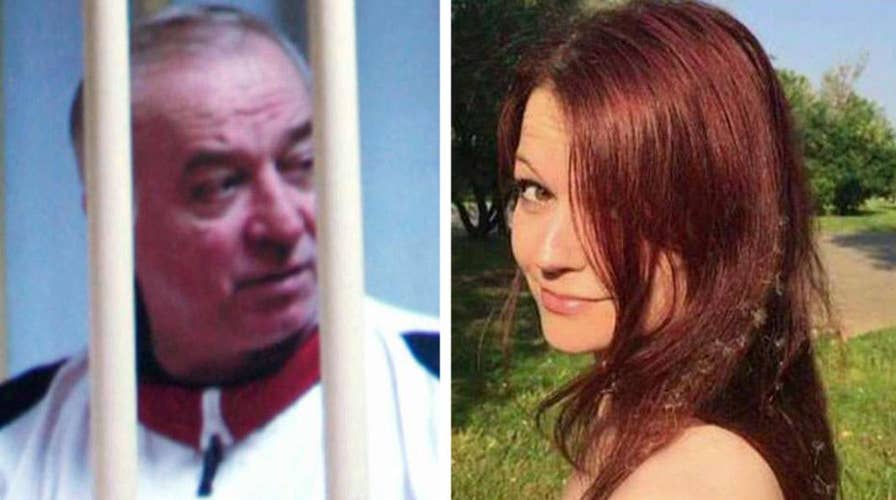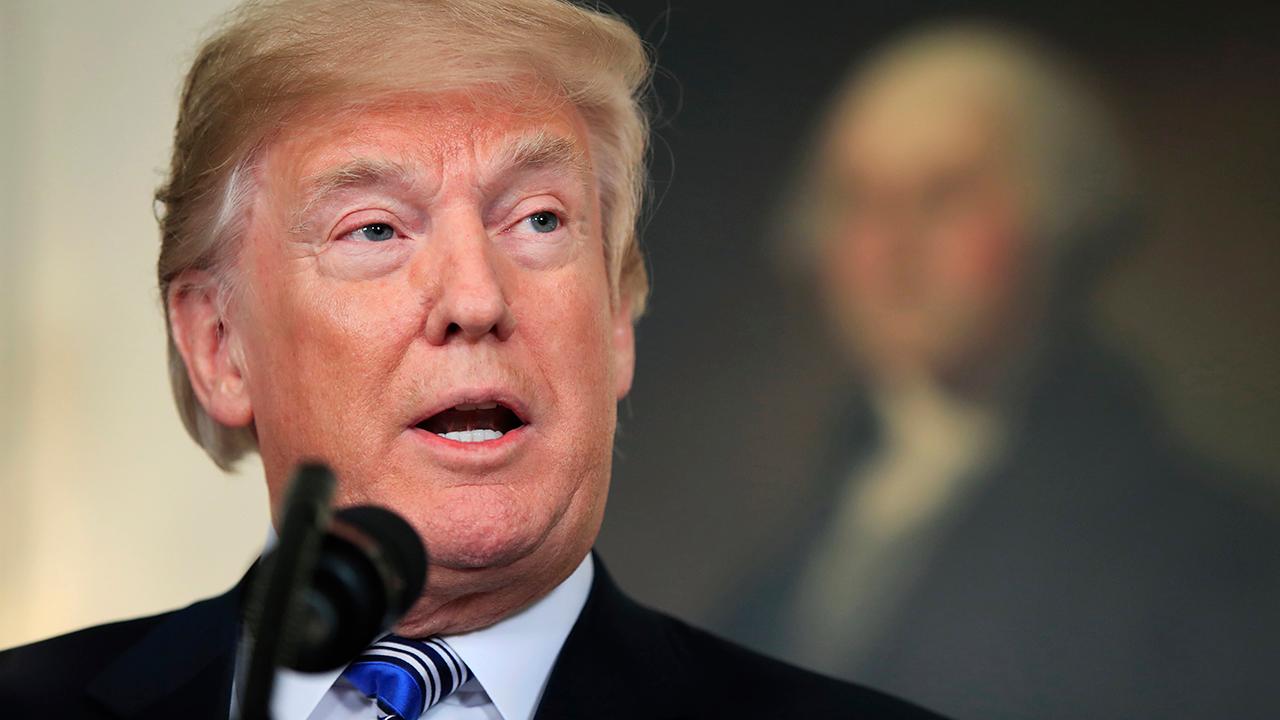Police: Russian ex-spy encountered nerve agent at front door
U.K. authorities identified the highest concentration of the nerve agent at the front door of the Skripal's house.
The staff at a British hospital who cared for former Russian spy Sergei Skripal and his daughter Yulia after they were poisoned said they did not believe the two would survive the attack.
A few employees at Salisbury District Hospital who cared for the Skripals told BBC they were at first confused about what happened to the father and daughter. However, when policeman Nick Bailey was also admitted for similar symptoms, nursing director Lorna Wilkinson feared the situation was worse than she thought.
"Have we just gone from having two index patients having something that actually could become all-consuming and involve many casualties? Because we really didn't know at that point,” she told the BBC.
Sarah Clark, a nurse, told BBC she was worried the staff could get infected after not knowing what happened to the Skripals.
EX-RUSSIAN SPY SERGEI SKRIPAL DISCHARGED FROM UK HOSPITAL AFTER BEING POISONED WITH NERVE AGENT
Clark said she initially believed the Skripals overdosed on opioids due to a brief description of their symptoms.
"We were just told that there were two patients down in the emergency department who were critically unwell and they would be coming up to the unit," Clark said.
However, once police were made aware of Sergei Skripal’s career as a Russian spy, officials discussed that the father and daughter could have been targeted.
"I spoke to the nurse in charge," Dr. Duncan Murray told BBC. "And it was this conversation I really could never have imagined in my wildest imagination as having with anyone. Essentially the story of a known Russian spy having been admitted to hospital in pretty unusual circumstances."
Dr. Stephen Jukes told BBC that once they learned the former spy and his daughter were poisoned with a nerve agent, staff members did not believe the two would survive.
"We would try all our therapies. We would ensure the best clinical care. But all the evidence was there that they would not survive,” Jukes said.
Earlier this month, Sergei Skripal, 66, was released from the hospital. His daughter, 33, was discharged in April. Health officials said there would be “longer term questions about the Skripals’ health” later on.
"The vast majority of the improvement and the success... were attributable to the very good generic, basic critical care,” Murray said.
POISONED FORMER RUSSIAN SPY SERGEI SKRIPAL NO LONGER IN CRITICAL CONDITION, HOSPITAL SAYS
The pair were found unconscious on a public bench in the city of Salisbury on March 4, and spent weeks in critical condition. Officials suspect the father and daughter were poisoned with novichok, a Soviet-engineered nerve agent.
Sergei Skripal served with Russia’s military intelligence agency, often known by its Russian-language acronym GRU, and retired in 1999. He then worked at the Foreign Ministry until 2003, and later became involved in business.
Skripal was arrested in 2004 in Moscow and later confessed to having been recruited by British intelligence in 1995. He also said at the time that he provided information about GRU agents in Europe, receiving over $100,000 in return.
In 2006, Skripal was convicted on charges of spying for Britain and sentenced to 13 years. However, he later was pardoned and released from custody in July 2010 as part of a U.S.-Russian spy swap, which followed the exposure of a ring of Russian sleeper agents in the U.S.
He had been living quietly in the cathedral city of Salisbury, 90 miles southwest of London, when he was struck down.
Britain blamed Russia for the attack while Moscow denied all allegations. More than two dozen Western allies, including the U.S., ordered out over 150 Russian diplomats in a show of solidarity. Russia ordered out 60 U.S. diplomats and closed the consulate in St. Petersburg in a tit-for-tat response.
Last month, the U.S. Treasury Department announced it was punishing seven Russian oligarchs and 17 Russian government officials with sanctions for what the U.S. called Russia's "malign activity" around the world.
The Associated Press contributed to this report.



